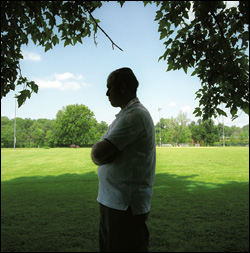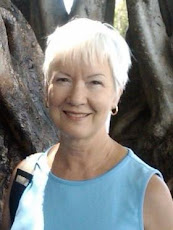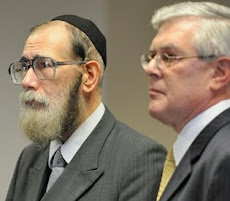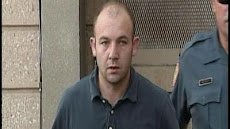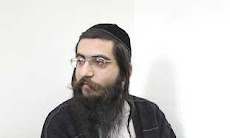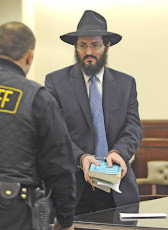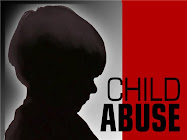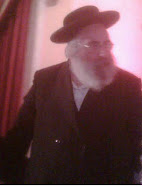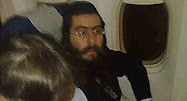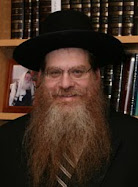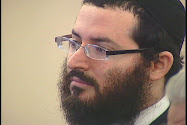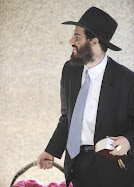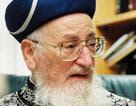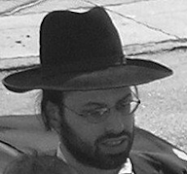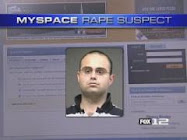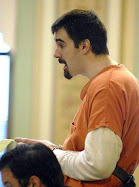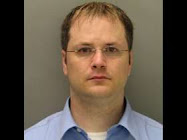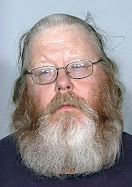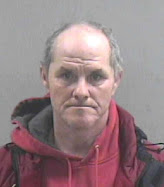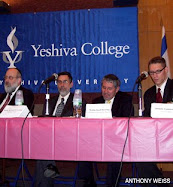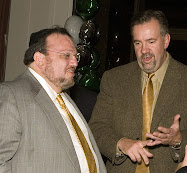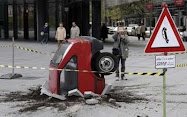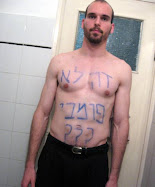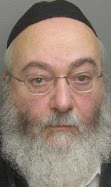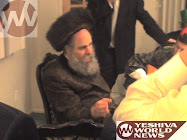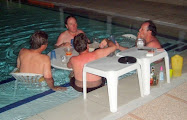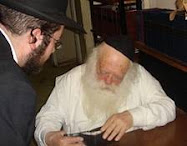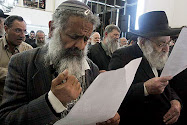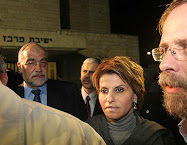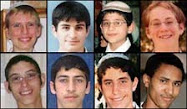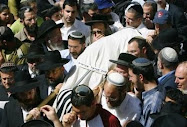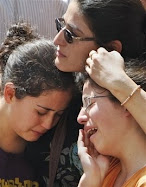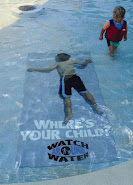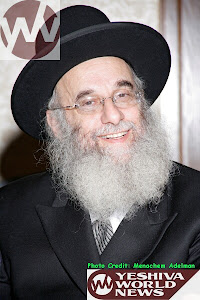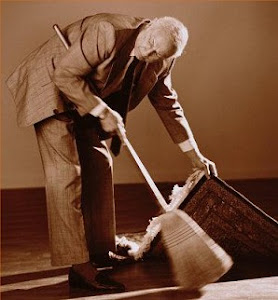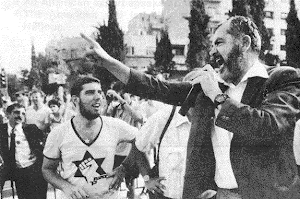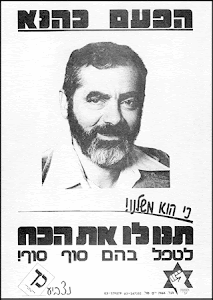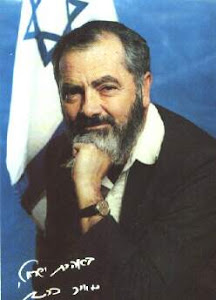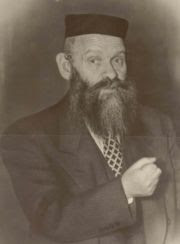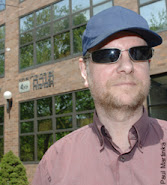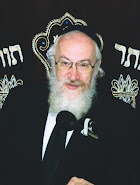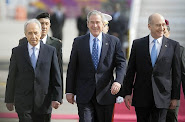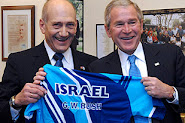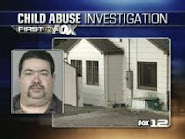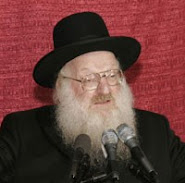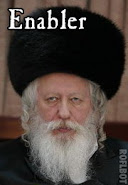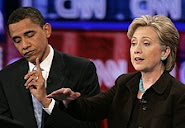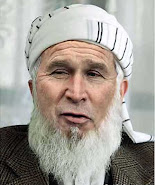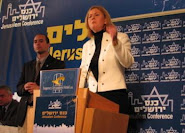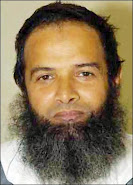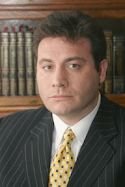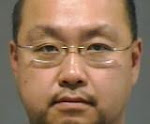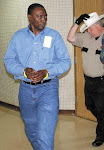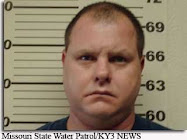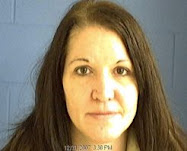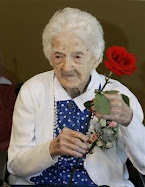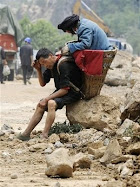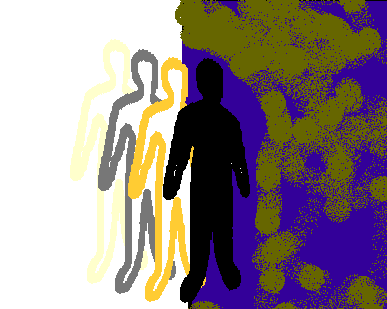
It was the 7Th day, Shabbat Kodesh, Shabbat Chanukah, Shabbat Rosh Chodesh - No ordinary day at all. This was a day in which grace after meals recitation included everything that can possibly be added to commemorate a special time in history. The "Al Hannissim" (praise on the miracles) would have extreme significance today as it had had when the Greeks (Yevanim) were defeated by the Chashmonaíim (Jews) during the times of the Bet Hamikdash. Dripping with flamboyancy, many top Hamas commanders decided to partake in a 'graduation ceremony' for their new recruits, figuring Israel won't attack on Shabbat. It was a deadly miscalculation. One that would later begin another chapter in the ever escalating Israeli/Palestinian conflict.
Israeli warplanes pounded the Hamas-ruled Gaza Strip on Saturday, killing at least 229 people in one of the bloodiest days for the Palestinians in 60 years of conflict with the Jewish state. The bullies received a dose of their own medicine. A lethal dose sure to make the 70 virgins giggle in gnawing anticipation.
Hamas estimates that in four minutes, dozens of Israeli bombers and helicopters flattened 30 "high profile" sites. At least 350 Palestinians were killed, 90 percent of them Hamas operatives.
Throughout history Jews have been persecuted. Just like the Chashmonaíim - a small band of fighters - were able to battle and defeat their much larger, more powerful and stronger enemies, so too, little tiny Israel, surrounded and outnumbered by its hostile neighbors, will win and continue to win. Yes, 8 days of a one day jug of oil was a stupendous miracle of utmost proportions, but so was the brilliance in overpowering the Yevannites. Make no mistake about it. Strategically speaking, Israel by now; could have - would have - should have been annihilated.
An Israeli military spokesman said the Gaza operation is "just beginning" and would be expanded and intensified as necessary. And as DEBKAfile reports so diligent and accurately - Israel should hopefully have learned from their errors and tribulations:
While Israel's air attack is counted a success, its war chiefs are taking care not to be trapped by an early achievement into the sort of blunders which led to the Lebanon war's unsatisfactory conclusion in 2006. That campaign was commanded by a former airman, Lt. Gen. Dan Halutz, who saw no point in a ground operation after Hizballah's command center was razed by air – until it was too late.
There will be the usual condemnation of Israel. Should we expect otherwise? The terrorist infrastructure must be eradicated, will Israel finish the job this time round?
"There is a time for calm and a time for fighting, and now the time has come to fight," Israeli Defense Minister Ehud Barak said.
Outgoing Prime Minister Ehud Olmert warned that "it may take time, and each and every one of us must be patient so we can complete the mission."
Of course there was the expected rhetoric by baby killers/Jew haters known as Hamas.
Hamas leader Ismail Haniyeh said "Palestine has never seen an uglier massacre" and in Damascus, Hamas leader Khaled Meshaal called for a new Palestinian peoples' uprising against Israel.
"We will not leave our land, we will not raise white flags and we will not kneel except before God," Haniyeh said.
"I call upon you to carry out a third intifada (uprising)," Hamas leader Meshaal said on Al-Jazeera television.
if history is any indication, those words should not be taken lightly.==============================================================
If you feel anger, frustration, boiling rage, anxiety, sadness, and despondency over Islamic terrorists who have made it their mission to kill and destroy the Jewish nation ---You will hopefully feel similarly in the atrocities committed by "Rabbinic leaders" who have structured a foundation of misery and facade in the name of the Torah.
http://www.thejewishweek.com/viewArticle/c36_a14422/News/New_York.html
Mondrowitz Accusers Seen Ready To Testify
by Hella Winston
Special To The Jewish Week
An excerpt of the letter from the head of the sex crimes bureau was contained in a brief submitted to the Israeli Supreme Court by attorneys representing the State who have been arguing for the extradition of former Brooklyn youth counselor Avrohom Mondrowitz. He was arrested in Israel in late 2007 after a change in the Israeli-U.S. extradition treaty provided a basis for returning him to the U.S.
While a Jerusalem court ruled Mondrowitz extraditable earlier this year, he appealed that decision to the
At that hearing, the Justices asked the State’s attorneys to consider three issues: the propriety of retroactive application of extradition treaties; the prosecution’s decision to extradite Mondrowitz despite the many years that have passed since the commission of the alleged crimes; and whether Mondrowitz should be tried in Israel.
The excerpt from the letter from the sex crimes bureau chief, Rhonnie Jaus, was part of a larger brief responding to those questions and filed with the high court on Dec. 23.
“Over the last twenty-two years, these victims have had to live with this childhood trauma. Knowing that the efforts they made to testify against Mondrowitz [have] not brought them any justice [has] made living with this nightmare that much more difficult,” Jaus wrote. She was referring to testimony given by the victims to a Brooklyn grand jury, which indicted Mondrowitz in absentia in 1985 on four counts of sodomy and eight counts of sexual abuse in the first degree against four children in Brooklyn.
“Over the years when these victims, now grown men, have been contacted by our office, they have maintained their interest in the prosecution of Mondrowitz,” Jaus’ letter continued. “They are concerned for their own privacy and safety, but willing to pursue the case.”
A spokesman for the Brooklyn DA confirmed that the letter had been submitted and that the victims “have a continued interest in the case and have expressed a willingness to testify.” He also noted that Jaus’ letter communicated the fact that these victims were “in terror of Mondrowitz” in 1985.
Jaus’ letter is significant, according to Michael Lesher, a journalist and attorney who has been deeply involved in this case. Lesher says it is “the first direct statement in an official forum that specifically tells us that the original complainants are in contact with the DA’s office and [that they] are prepared and do want to proceed with prosecution. That’s an important and encouraging sign.”
Indeed, these victims’ identities have never been publicly revealed nor has any of them ever come forward to comment on the case. In fact, one of the many notable aspects of this case is the fact that the victims named in the original indictment are not from Jewish families. But comments over the years by those in law enforcement indicate that Mondrowitz may have had hundreds of Jewish victims, among them those sent to him for counseling, referred by the Brooklyn-based Ohel Children’s Home and Family Services, and other Orthodox communal institutions and individuals.
Several of Mondrowitz’s alleged Jewish victims have spoken to the media in recent years, though the statute of limitations bars them from being a part of any criminal or civil action.
Two of these men, Mark Weiss and Boruch Sandhaus, also wrote letters to the Israeli Supreme Court, as part of an amicus brief submitted to the Court by Survivors for Justice, an organization they helped to found which seeks to assist victims of sexual abuse in the Orthodox community obtain justice in the criminal and civil courts.
In the brief, submitted to the high court by SFJ’s pro bono Israeli counsel, the law firm Yigal Arnon & Co., Lonnie Soury, a spokesman for the group, writes that, “Returning Avrohom Mondrowitz to the United States to defend against the criminal charges will send a clear message to those who have been sexually abused in our community, and in the similarly insular haredi communities in Israel, that authorities from New York to Israel intend to do everything in their power to protect our children.”
Urging the Justices to uphold the lower court’s determination to extradite Mondrowitz, Sandhaus writes, “It is now over 20 years and Avrohom Mondrowitz has yet to face his victims in court and defend himself against the numerous horrific charges of abuse he committed against us when we were children. I live daily with the indescribable agony and torture of the memories Mondrowitz left permanently burned into my brain. Knowing that this monster is still out there amongst children just adds to the immeasurable agony I feel.”



